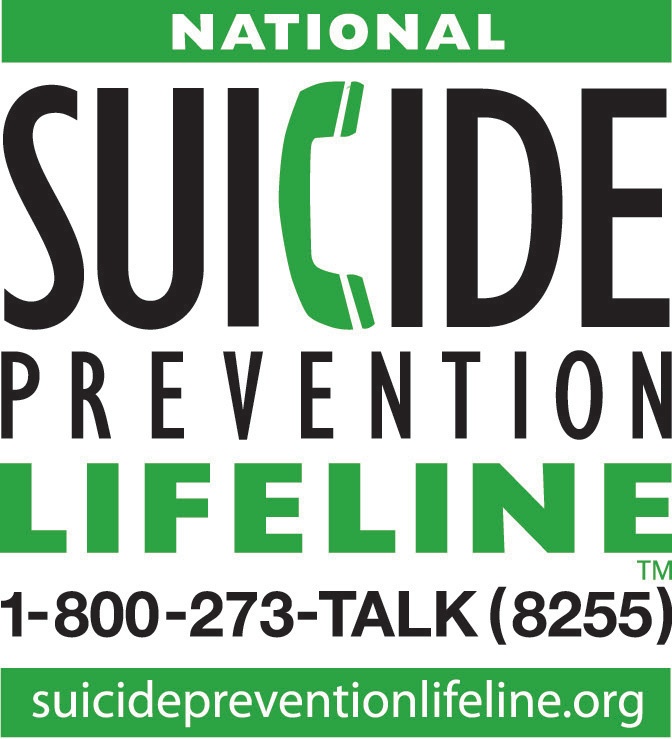When someone dies by suicide, people often will remark that they “didn’t see it coming.” However, some people struggling with depression or suicidal thoughts — especially older adults — will disclose their intentions to end their life before doing so.
A recent study revealed that more than 1 in 5 older adults disclosed their suicidal thoughts to someone at least a month before attempting suicide. Researchers also found disclosure rates for suicidal thoughts were higher among those who deal with chronichealth issues or suffer from depression, and people tended to disclose to an intimate partner or close family member.
Suicide and Older Adults
If you are feeling suicidal
If you’re experiencing suicidal thoughts, call the National Suicide Prevention Lifeline at 1-800-273-8255 to speak with someone now. If you’re deaf or hard of hearing, call 1-800-799-4889. You can also chat online with someone now, if you prefer.
If you’ve dealt with suicidal thoughts or depression in the past, it may be helpful to create a safety plan to help you get through a crisis. The National Suicide Prevention Lifeline recommends your plan include these points.
Recognize your warning signs: What thoughts, images or moods indicate you could be entering a crisis? Write these down.
Use coping strategies: Make a list of things you can do to help you not act on your self-harm urges. These can include things like taking a nap, taking a mental health day from work, talking to someone or reaching out to the Lifeline phone number or starting an exercise routine.
Socialize: List the people and social settings that help take your mind off of difficult feelings or thoughts.
Contact family members or friends: Make a list of people who are supportive and who can help you through a crisis situation and who you can talk to when you’re under stress.
Use mental health or professional agencies: Know the names, numbers and locations of clinicians, emergency rooms or crisis hotlines. It may help to keep this information on your refrigerator or in your phone.
Create a safe environment: Work with your counselor or a mental health professional to ensure your environment is safe and access is limited to self-harming items.
If someone expresses suicidal thoughts to you
If you notice someone struggling emotionally, or if they express any of the warning signs below, you can help get them the help they need. Someone with suicidal thoughts or struggling may tell you the following:
- Talking about wanting to die or kill themselves
- Searching for ways to harm themselves, like buying a gun
- Talking about feeling hopeless, having no reason to live or being a burden to others
- Increasing use of drugs or alcohol
- Sleep changes — either too much or too little
- Isolating themselves
If anyone expresses these thoughts to you, you can call the Lifeline at 1-800-273-8255 and they can help you find the appropriate resources for your loved one.











